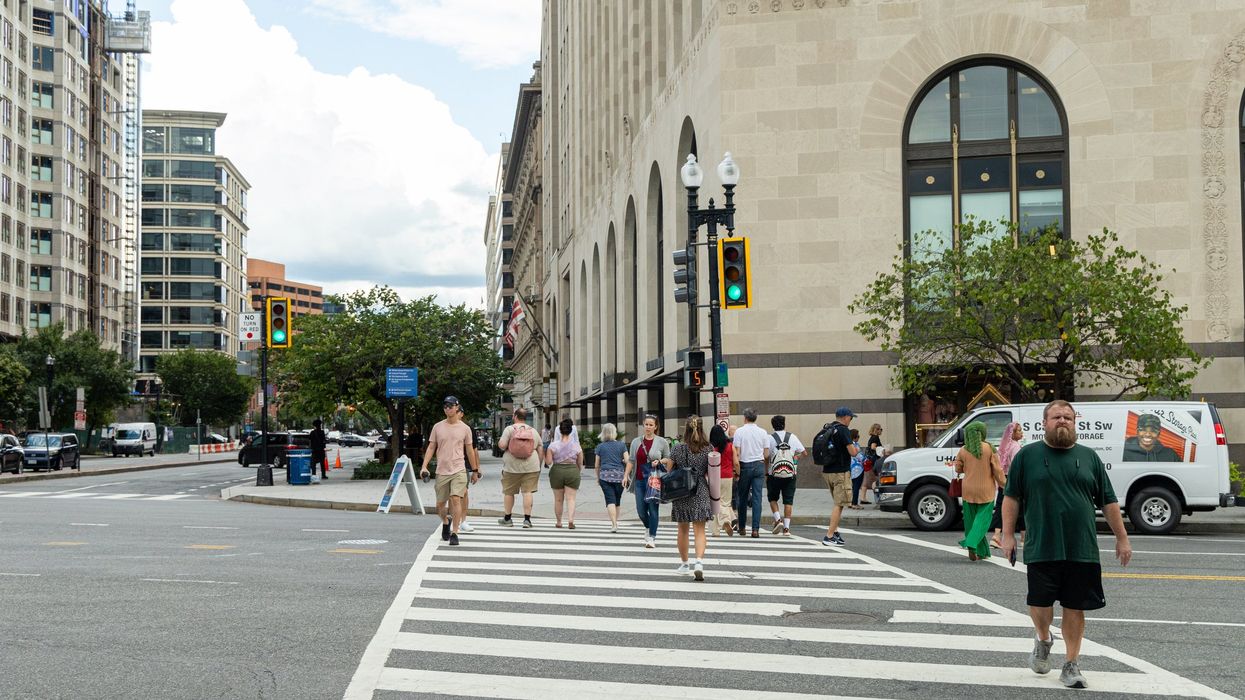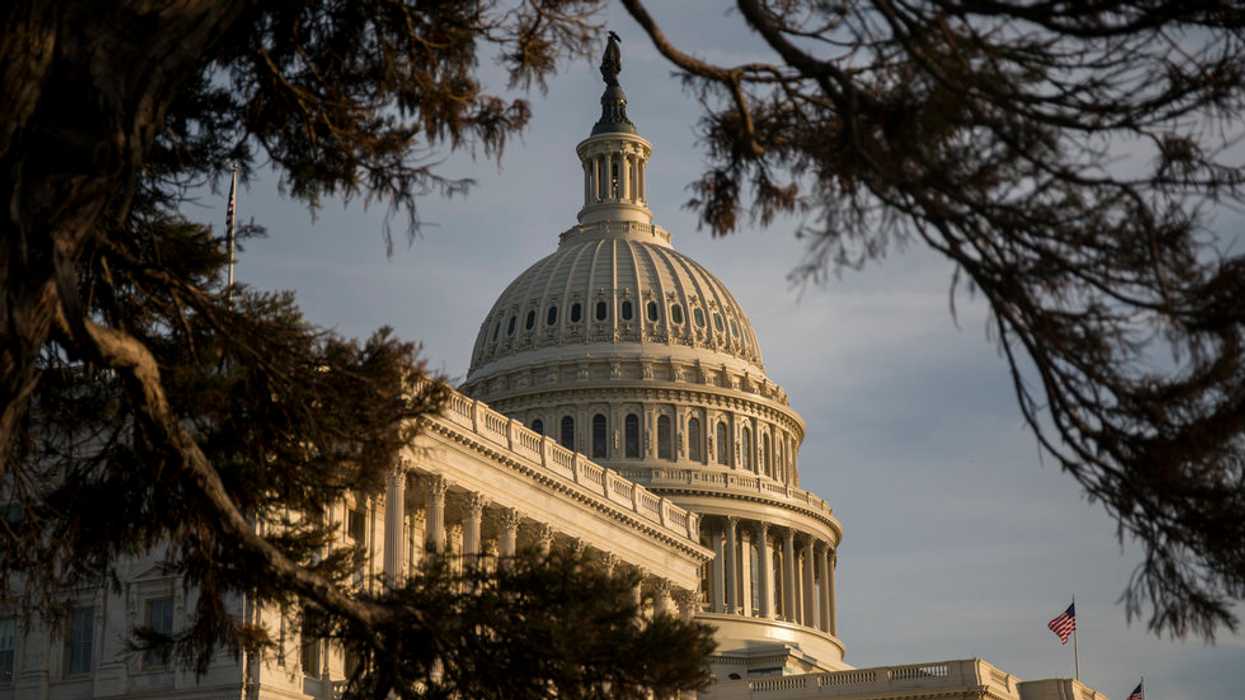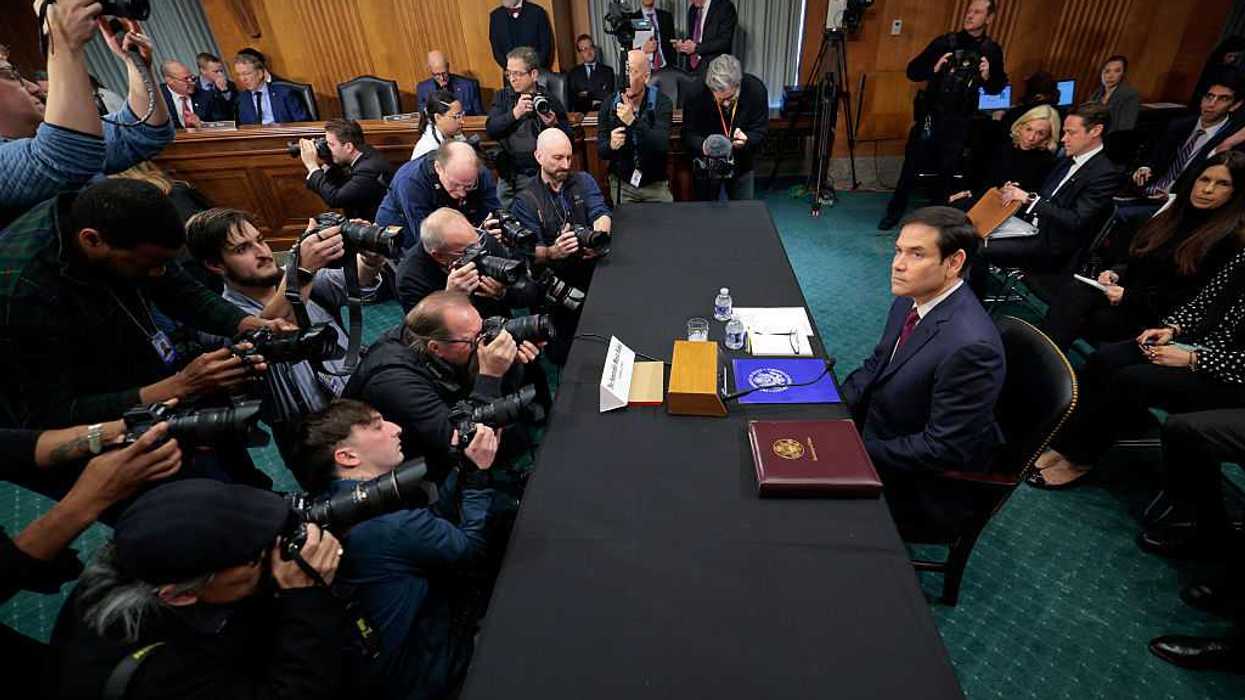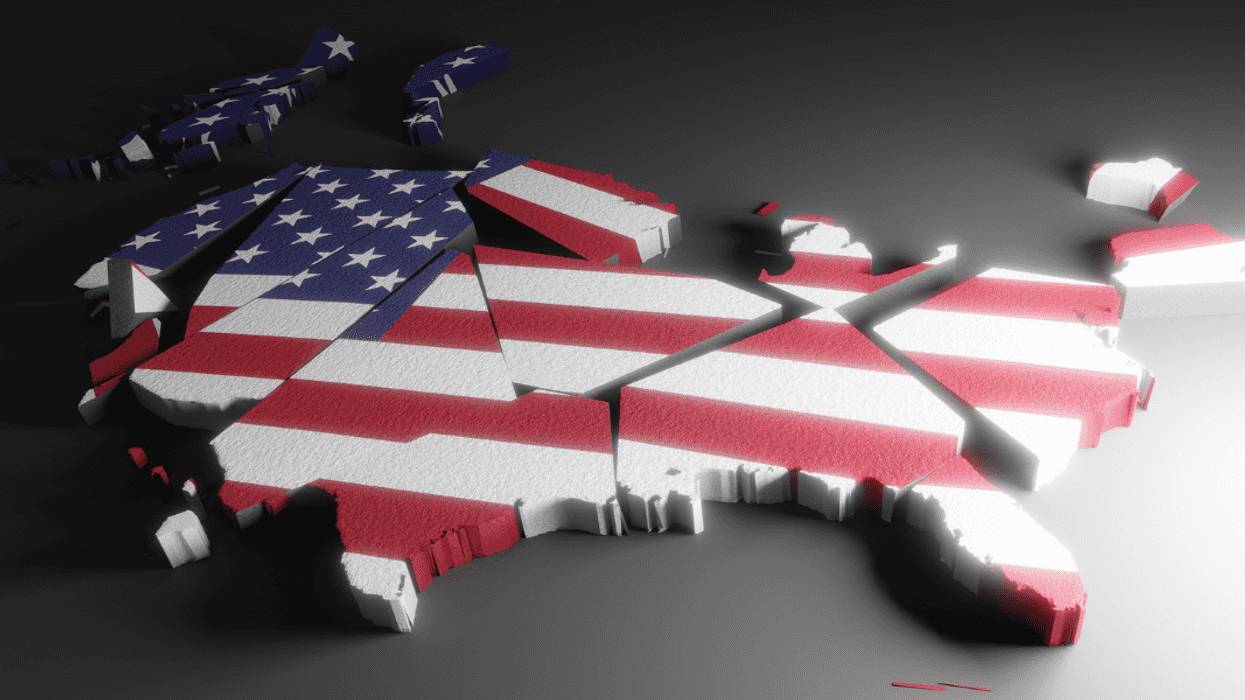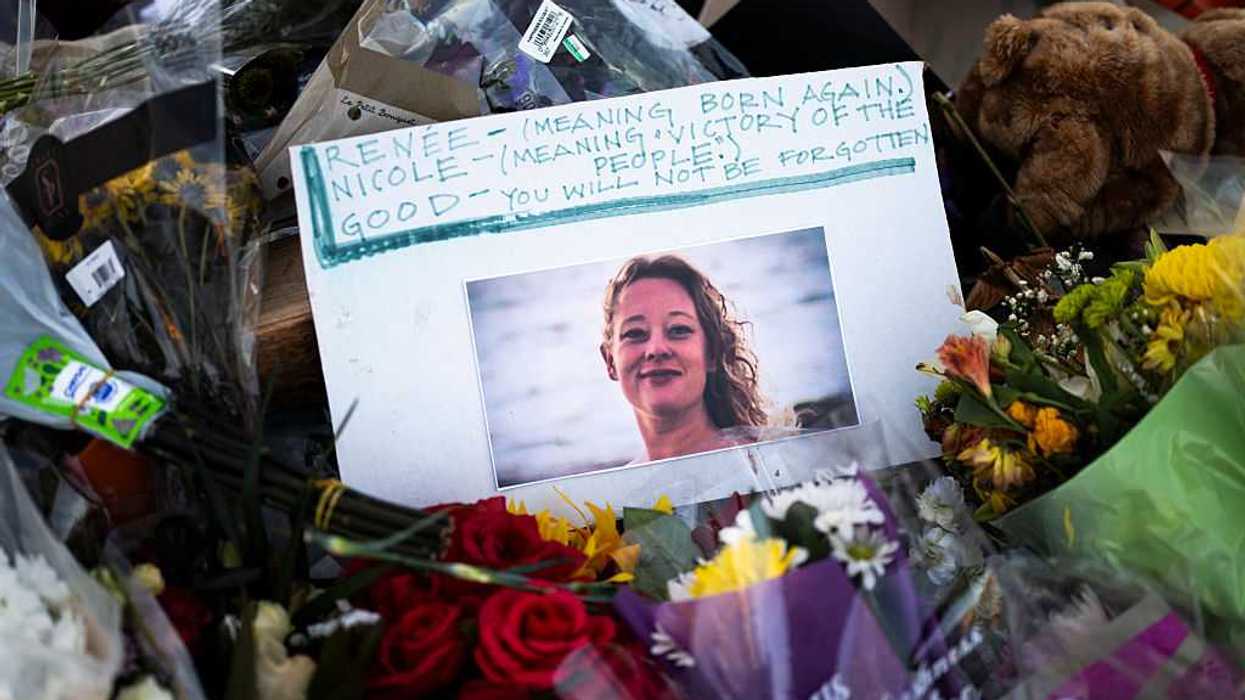When I walk my toddler home from daycare every evening, it is safe. That's here in Washington, D.C., where I have lived since I moved to work on government accountability 15 years ago.
For perhaps the next 30 days, or longer, District of Columbia residents will be policed by federalized civilian and military officers, per an executive order and presidential memorandum this morning. The executive order directs the police to be federalized to protect "national monuments" (which are in the safest parts of D.C. thanks to the existing park police) and other federal properties, but the memorandum directs the DC National Guard to address crime throughout the capital.
There is no crime emergency here. I live here. I have seen things get better, not worse, with my own eyes. Violent crime is the lowest it has been in 30 years. Overall crime is down this year already. According to 2019 data, crime is worse in Houston and Indianapolis than here in D.C. Like all places, we have crime. I have seen that too. But not more than most.
D.C. is not just the capital district. It is one of the largest cities in the country. It's a great city. I love living here. 700,000 people live in D.C. — that's more than two whole states, Vermont and Wyoming. District residents paid $45 billion in federal taxes in 2024 — that's more than North Dakota, West Virginia, Wyoming, Alaska, and Vermont combined (and more than 21 other states individually).
How many votes do we have in Congress? None. We don't have any say in the federal laws that bind us. But that's not all. Arrests are already prosecuted by federal lawyers, not lawyers that work for the elected DC Attorney General. They enforce local laws that the District's Council has been blocked by Congress from updating.
There is a lot of taxation here and not a lot of representation.
Instead, politicians from far away cities with crime worse than ours use us for their own gain.
It's not enough that federal police officers already police many of the parks here (many of which are national parks), the area around the Capitol (which has its own federal police force), and White House grounds (which has the Secret Service). Now it might be our neighborhoods too. It will not make our communities safer, and it defies the American spirit of a government accountable to its people.
Joshua Tauberer is the founder of GovTrack.us and created the site initially as a hobby in 2004.
Don’t Federalize and Militarize DC’s Local Police was originally published by GovTrack.us and is republished with permission.





